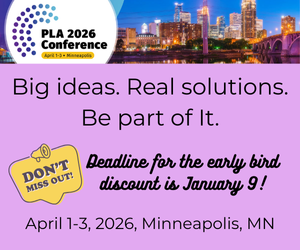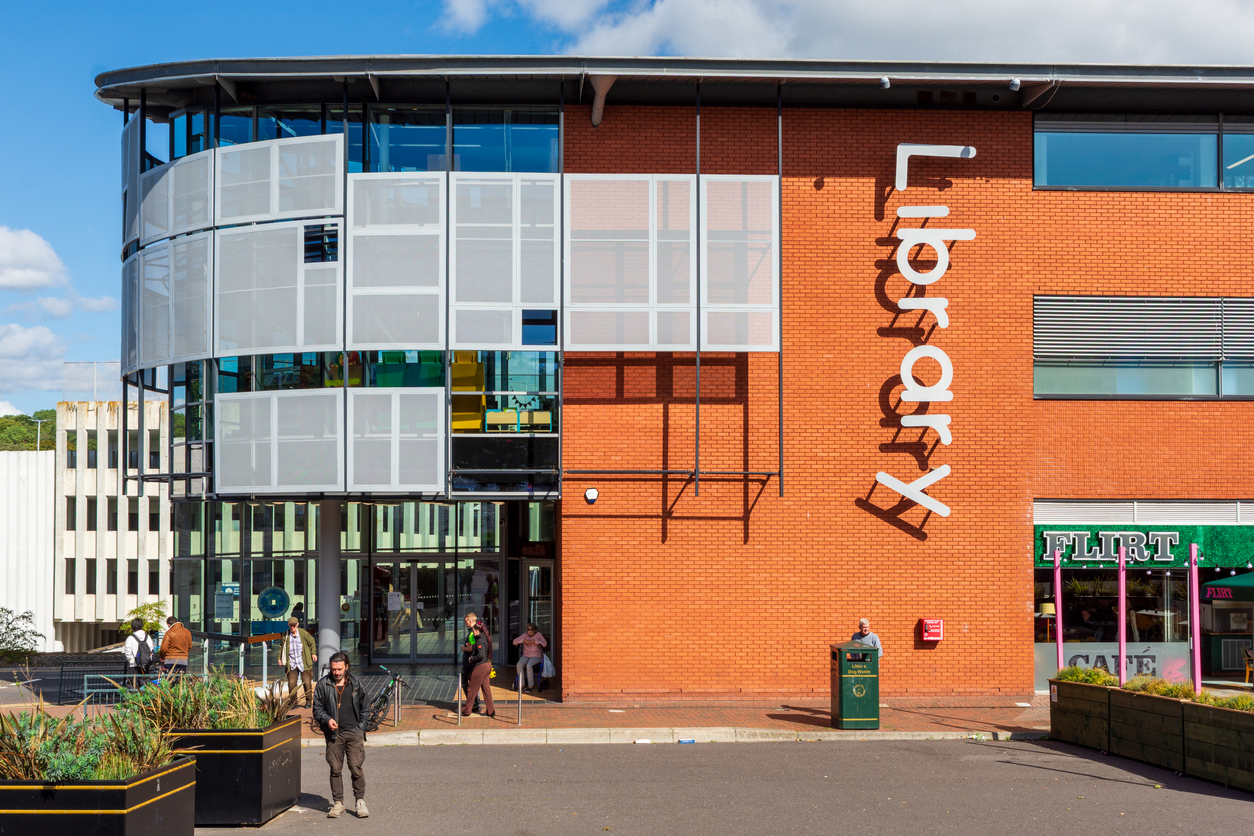Relationship as a Resource
“Hurt is hurt, and every time we honor our own struggle and the struggles of others by responding with empathy, the healing that results affects all of us.” – Brené Brown
These are tough times, and we’ve got questions. What are we supposed to do? We face so much communal and individual pain—pain that is fueled by a global pandemic and systematized racial injustice—pain that existed long before 2020 but has been ignited, amplified, and now refuses to be ignored. What are we supposed to do now? As we brace ourselves for whatever future is coming, knowing it’s predicted to bring unprecedented homelessness, joblessness, food insecurity, domestic violence, isolation and other traumas, what are we supposed to do? How is the library supposed to respond?
We are familiar with big questions like these, in part because libraries have found themselves increasingly on the front lines of social service responses. As public policies have failed vulnerable and underserved communities, the library has gotten a front row seat to the social inequities that result. Over the past few decades, the library has tried to stretch and respond to that increasing need. And now, due to the effects of the pandemic that has laid so many more of these inequities bare, library work has rapidly changed, flexed, and stretched again. As we strive to find ways to serve the public through remote, limited, or even full library access, we are faced with so many questions.
So what can we do? Regardless of the resource limitations we may face in our individual library systems and communities, one answer is that we can work to create relationship. When someone comes to us with a resource question, we can take a few extra moments to be with them and share in the importance of their question. Asking another human creates an opportunity for connection, where being handed off or directed to a website can be dismissive. Research on trauma survival tells us that healthy connection with others is a big piece of what we need to heal and recover. Engaging authentically with a helper can make a big difference and lead to further connection and help; getting pushed aside can be harmful.
And at this moment, so many of us are experiencing trauma and grief while also serving a traumatized and grieving public. The magnitude of this reality can be overwhelming. Alright, so I’m supposed to create relationship, but how can I show up for others when I am hurting and fearful myself?
One essential piece to how we show up for others is self-awareness. We are well-served by reflecting on what we bring to our interactions with others. Personally, cultivating awareness of what my presence can mean for someone before I reach out is a good place to start. As a white, cis-gender, able-bodied female, I show up with a lot of privilege. As a social worker, I show up with a desire to help while simultaneously representing a profession that has caused harm. As a library staff member, I show up championing the incredible democratizing force that the library is, while also representing the white middle-class norms it can reinforce. On top of what I represent through my employment and identities, I also bring a host of biases that impact my comfort in reaching out to connect. I have inherited and developed beliefs about other races, cultures, and groups that invisibly shape how I approach people. We all have. For example, one piece of the complex reckoning about blackness in this country has to do with the damage caused by our collective biases around what it means to be black. Bringing my biases to light is an early step to being able to create relationship. So before I even utter my friendly “Hello there!” I am bringing this web of complexity to every interaction I have with a patron.
And here I was hoping that using relationship as a resource could simply be sharing a friendly conversation with everyone I meet! That’s part of it, but to fully utilize the incredible power of relationship as a tool, I need to check in with where I’m at as I engage with others at the library. I choose to do this through a number of questions. How am I feeling? Am I nervous or scared? Am I de-hydrated or hungry? What am I thinking about? What is motivating me? What is the story I am telling myself?
This last question—what is the story I am telling myself—is a useful one that I borrow from Brené Brown, renowned professor and social work researcher. I can answer her question in a number of ways that help give me clarity about how I show up. It helps me inspect how I perceive my role on any given day (I am here to advocate for under-resourced community members, or maybe I am here because I need the paycheck). It helps me inspect how I feel about others (this person needs my help, or that coworker is so insensitive). It helps me inspect my biases about people who are different from me and all the experiences I am unaware of because of my privilege. Looking inward helps me get a handle on what I bring to an interaction, particularly because my feelings and situation can change daily, hourly, or even minute-by-minute when facing stress.
Building relationship is the ability to engage with another person in an authentic and real way. It’s asking “How are you doing?” and really wanting to hear the full answer. It is opening ourselves up to hear the pain and joy that another has experienced. It’s the opportunity to hear someone’s story, and to let ourselves be changed by it. To ask a question and really make room to receive the answer—taking a moment to share in the human experience, whatever that may mean for someone—can be transformative. As we work to create relationship with our patrons, coworkers, and community, we are taking a small step to open a door to healing.
And with the future seeming so uncertain and riddled with more questions than answers, we can look to this one idea to help guide our work: connect with the people we interact with. Build trust. Share fear. Provide someone else with the opportunity to know that they have been heard, and for that moment, they are not alone. In doing so, we get outside of our own experience and can embrace the healing that comes from helping someone else.
Tags: engaging authentically, response to traumatic events, social work in public libraries, trauma-informed care









